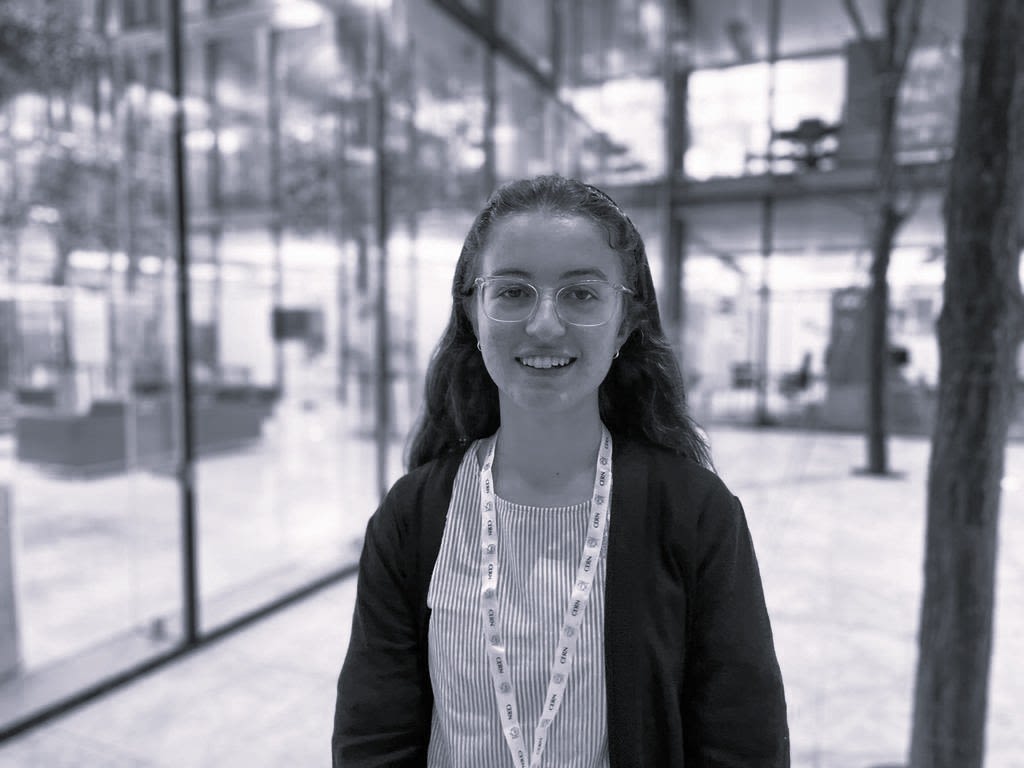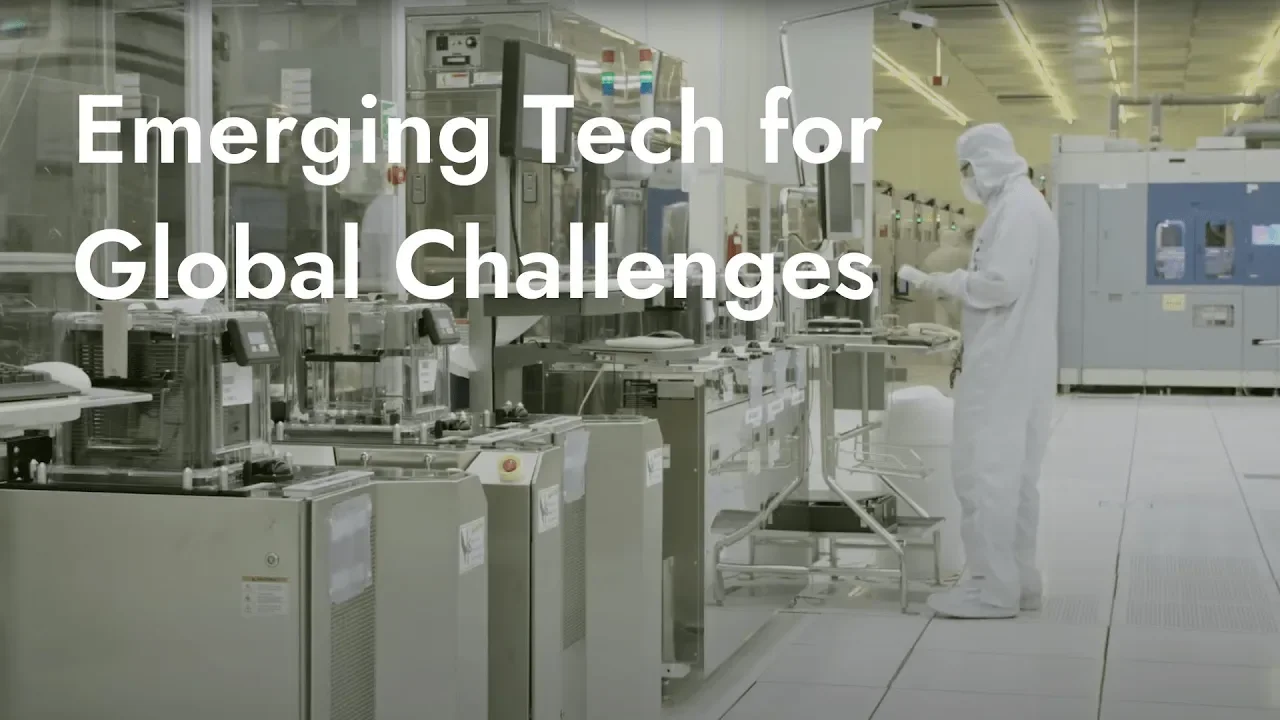Quantum science is revolutionizing our understanding of the physical world, expanding the boundaries of what’s possible in technology and computation. The speaker focused on the transformative potential of quantum computing over the next five, 10, and 25 years, outlining how this technology will revolutionize industries and unlock new possibilities. While traditional computers process information in binary (0s and 1s), quantum computers use qubits, which can exist in multiple states simultaneously, enabling complex computations that would otherwise be impossible. The following is the rapporteur report of an expert discussion held during the 2024 GESDA Summit. The author is a Villars Fellow.
Ideas from the Speaker
In Five Years
In the short term, quantum computing will continue to integrate with high-performance computing, combining the strengths of both to tackle complex problems. Error-mitigation techniques will improve, making quantum algorithms more reliable. Practical applications will begin to emerge, especially in fields like chemistry and material science, where quantum simulations will allow researchers to explore new molecular structures. While commercial use remains limited, these early developments will accelerate research and prepare the ground for future industrial applications.
In 10 Years
Within 10 years, quantum computing is expected to achieve significant hardware improvements, increasing the number of qubits and enabling more complex algorithms. This will mark the first “inflection point” where quantum computers start outperforming classical ones in specific tasks, giving early adopters a competitive edge. Industrial applications will expand, particularly in pharmaceuticals, where quantum simulations will transform drug discovery. Wider adoption of error correction will further enhance the power and accuracy of quantum computations.
In 25 Years
In 25 years, fully error-corrected, fault-tolerant quantum computers will be commonplace, with systems capable of processing millions of qubits. This will enable quantum computing to dominate industries like medicine, revolutionizing drug discovery and health care. The integration of quantum computing and artificial intelligence (AI) will create new markets, unlocking trillions of dollars in economic value. By simulating biological systems and developing new materials, quantum technology will reshape industries, addressing global challenges in health and technology.
The speaker emphasized that quantum computing will not merely enhance existing processes but will fundamentally change them, opening new frontiers in science and industry. To fully harness its potential, she stressed the importance of accepting paradoxes and pushing beyond conventional boundaries.
Insights from the Audience
Environmental Impact and SDGs
Members of the audience posed several insightful questions, reflecting their concerns and curiosity about the implications of quantum computing and AI. One participant asked about the environmental impact of deploying these technologies, particularly in the context of failing to meet the 2030 Sustainable Development Goals (SDGs). In response, the speaker discussed the potential for quantum computing to reduce energy consumption compared to current AI processes. For instance, in chemistry and agriculture, quantum simulations could enable more efficient use of resources, helping to mitigate environmental damage. However, the expert acknowledged that much remains uncertain as technology matures.
National Security and Cryptography
Another audience member raised concerns about quantum computing’s potential to break cryptographic codes, posing a national security threat. The speaker admitted that quantum computers are indeed a risk in this regard, as they could theoretically break current encryption methods. However, she highlighted ongoing efforts to develop post-quantum cryptographic codes that would protect against such threats. She emphasized that although the theoretical capabilities of quantum computers are alarming, practical implementation is still years away with ongoing research focused on mitigating these risks.
Digital Divide and Democratizing Quantum Access
A question about the digital divide and how quantum computing could exacerbate inequalities led to a discussion about democratizing access to quantum technology. The speaker mentioned efforts by the Open Quantum Institute and other organizations to ensure that the benefits of quantum computing are distributed globally, rather than concentrated in a few wealthy countries. She also touched on the gender divide in the field of quantum computing, stressing the importance of mentorship and visibility for women in highly technical fields.
Energy Consumption and AI Integration
The discussion also briefly focused on energy consumption, with one participant asking whether quantum computing would exacerbate AI’s already high energy demands. The speaker reassured the audience that quantum computers are expected to consume significantly less energy than current supercomputers, but she emphasized that more research is needed to fully understand the energy implications of quantum and AI integration.
Overall, the audience’s questions revealed a mix of optimism and caution regarding the future of quantum computing. While the potential for innovation and progress is immense, significant challenges must still be addressed, particularly in terms of security, sustainability, and equity.












